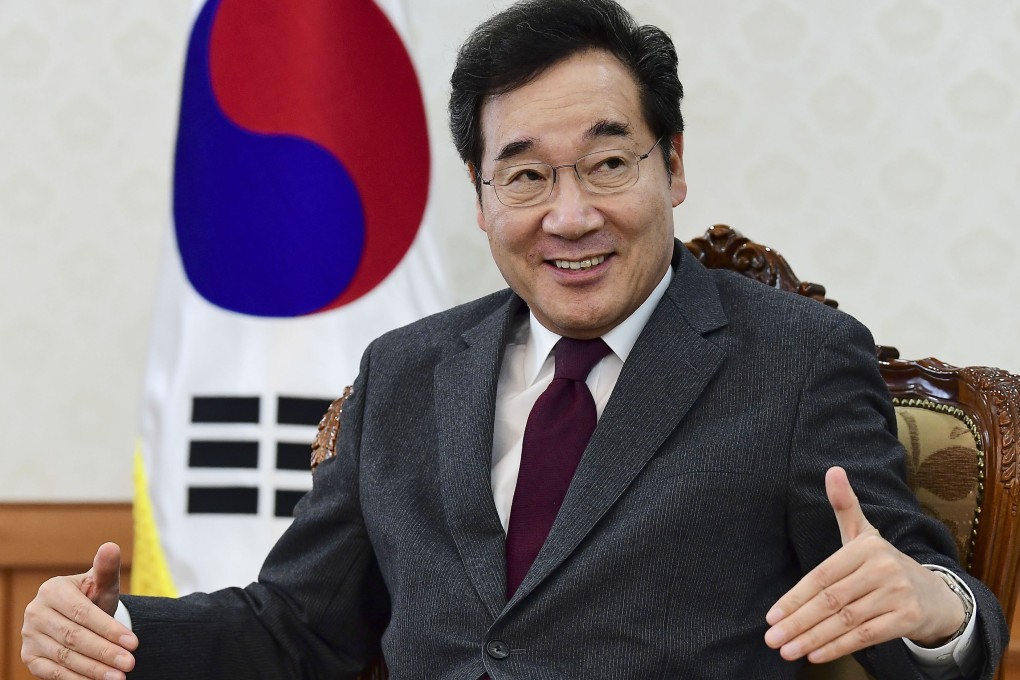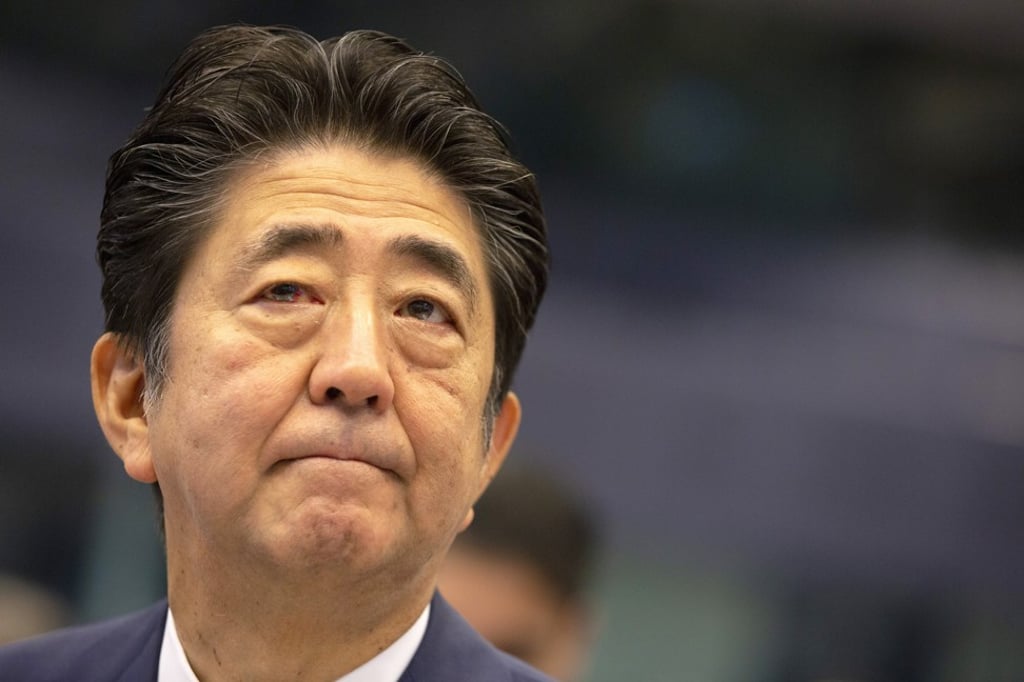Advertisement
Will South Korea and Japan reconcile after PM’s visit for emperor’s enthronement?
- Lee Nak-yon is set to attend Japanese Emperor Naruhito’s enthronement ceremony on Tuesday – the highest-level visit by South Korea for months
- Analysts say Japan is unlikely to budge on historical disputes, but a letter from Moon Jae-in to Shinzo Abe may indicate Seoul is ready to improve relations
Reading Time:3 minutes
Why you can trust SCMP

South Korean Prime Minister Lee Nak-yon is expected to attend Japanese Emperor Naruhito’s enthronement ceremony on Tuesday, marking the country’s highest-level visit to Japan since bilateral tensions escalated into a full-blown trade dispute in July.
Lee worked in Tokyo as a newspaper correspondent from 1990 to 1993 and is considered to be friendly to Japan.
But while South Korean media have expressed optimism that relations will improve with Lee’s trip, Japanese media have remained silent on this point, only noting that Lee will represent President Moon Jae-in and will hand Japanese Prime Minister Shinzo Abe a personal message from Moon.
Advertisement
Bilateral relations are at their lowest point since 1965, after a South Korean court ordered two Japanese companies to compensate Korean wartime labourers during Japan’s occupation of the Korean peninsula.
The two sides also have deeply differing positions on the issue of “comfort women”, who were forced to serve in frontline brothels for the Japanese military in the early decades of the last century.
Advertisement

Advertisement
Select Voice
Choose your listening speed
Get through articles 2x faster
1.25x
250 WPM
Slow
Average
Fast
1.25x